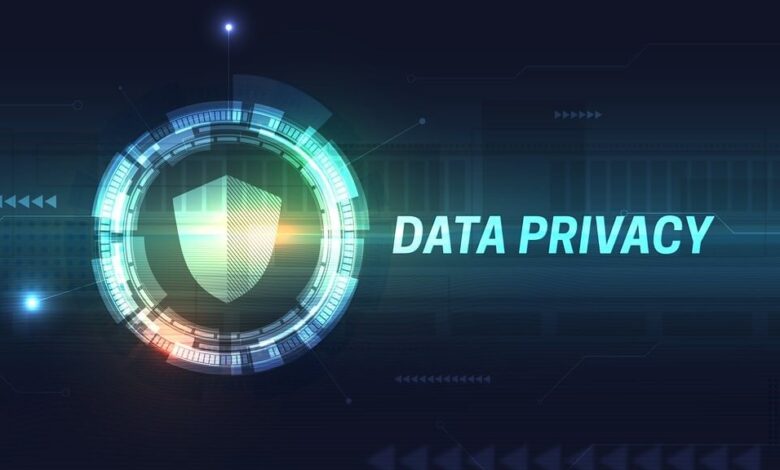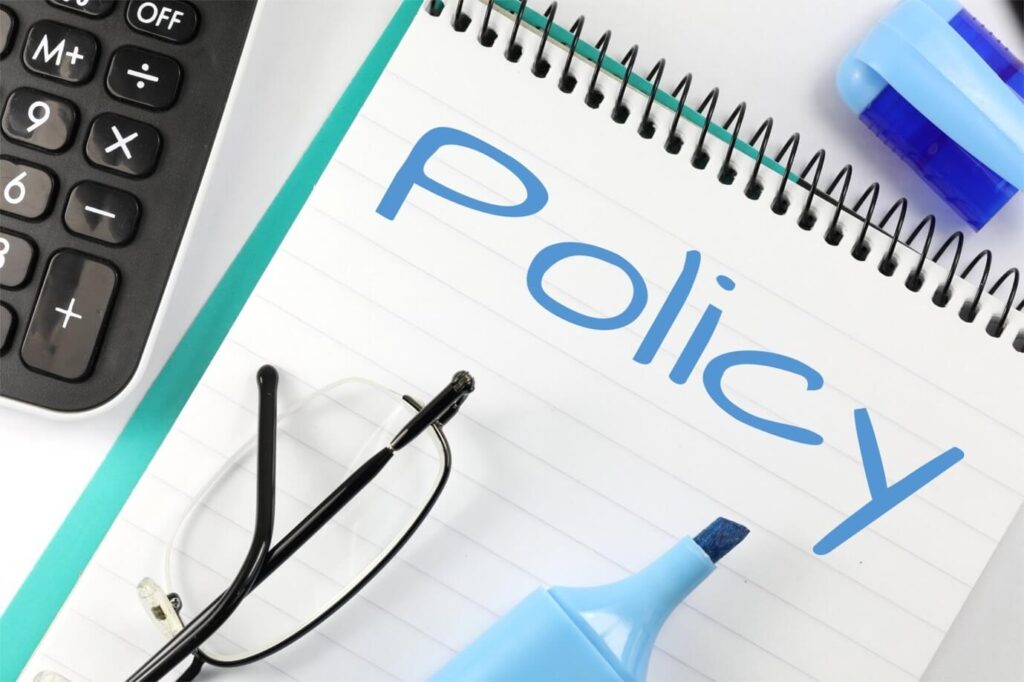Employee Data Privacy Obligations You Need to Know

As an employer, you will need to collect certain information about the people you employ. Typically, this would include their names, addresses, birth dates, phone numbers, and other necessary details you need to have about them. While employee data collection is allowed, the information collected must be protected by the employer.
As an employer, you must do everything possible to adhere to the laws that govern employee privacy to avoid legal actions being taken against your business. This article will help you understand more about adhering to these laws by discussing some employee data privacy obligations that you need to know and carry out as an employee. With that said, let’s get right into it.
Know and Understand the Privacy Laws
There are so many regulations and laws that govern employee data privacy. As an employer, if you do not take care, you may break some of these laws and this may result in legal issues. In Europe, privacy protection is provided by the General Data Privacy Regulation. The protection typically covers important information like ethnicity/national origin, political associations/opinions, marital status, sexual orientation, and health information.
In the US, several federal laws back up the protection of different employee information. For instance, the Health Insurance Portability and Accountability Act offers protection for medical data. You can visit https://www.hhs.gov/ to learn more about this Act. Other laws backing up employee data privacy in the US include the FACT Act and the Americans with Disabilities Act.
Some states are even more stringent than others when enacting these laws; California is a good example of this. Therefore, your first obligation is to know and then understand the laws governing this policy. If your organization has branches in other parts of the world, you also need to take your time to know and understand the laws of the countries you operate in.

Data Collection Should be Justified
When collecting employees’ information, make sure that you stick to the necessary information. If the detail isn’t relevant to the job, then there’s no reason to collect let alone process it. Typically, data that employers collect include employment contracts, payroll information, resumes, references, medical files, performance reviews, and compensations. These are necessary and relevant to the job; therefore, collecting them is justifiable.
Read also What Is Dashboard Reporting and How Do You Implement It?
Set Up a Formal Consent and Privacy Policy
Having standard policies about different aspects of business is very important in any organization. These policies help to set certain standards and expectations in the workplace. You can read this article to find out more about the importance of policies in an organization. One policy that you must take as a priority in your company is your employee data privacy and consent policy.
This policy should clearly state how the company collects and processes the personal information of its workers. Not only should a company have this policy in place, but it must also be accessible to all and easy to understand. It must also be in line with all the relevant federal laws.
From time to time, you need to evaluate the policy and update it accordingly. If a new law is passed, ensure to include it in your organization’s policy. Aside from this, the workers should also be trained to understand the company’s policy and their protection rights.
Limit Access to Employees’ Information
Your workers’ personal details should not for any reason be easily accessible by anyone in the company. Rather, its access should be restricted such that only authorized personnel can access them. If everyone has access to these details, it becomes very easy for your worker’s privacy to be violated.
Audit the Process of Data Collection
Remember that every personal detail you get from your workers should be justified. Typically, information collection happens during certain processes like recruitment and onboarding; these processes often justify the process of collecting these details. However, to stay accountable, take your time to properly audit these processes. Locate your workers’ information kept in your systems and record the activities that lead to them.
Have the Necessary Security Measures in Place and Notify Your Workers Once There’s a Breach
To protect your workers’ details, you need to make sure you have the necessary security measures in place. This is one employee data privacy obligation companies need to take as a priority. Invest in cybersecurity software and campaigns that will help you ensure your company’s data is secured at all times.
However, despite some companies’ best efforts, cyber-attacks may happen and may even be successful. This would allow the hacker to gain access to the company’s information. If you ever find yourself in this situation, then you have to be upfront about it with your workers. Do not delay in informing the affected employees and the regulatory bodies about a data breach once it happens.
Conclusion
Protecting your employees’ information is your responsibility as an employer. Failure to do this properly may result in legal issues that may end up affecting the reputation of your company. The obligations discussed in this article can help you stay on track when it comes to ensuring your workers’ data privacy; all you have to do is understand them and effectively carry them out.




